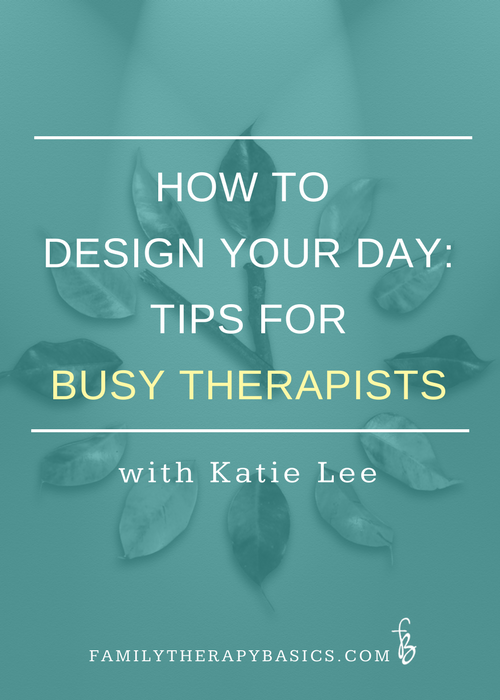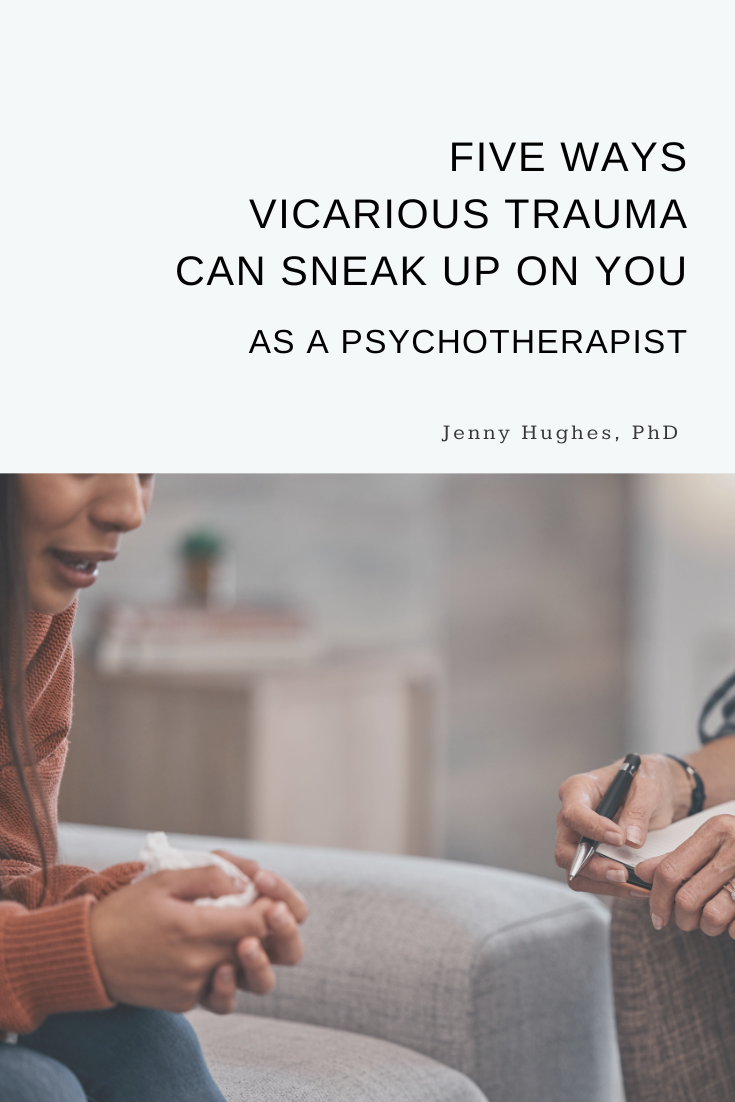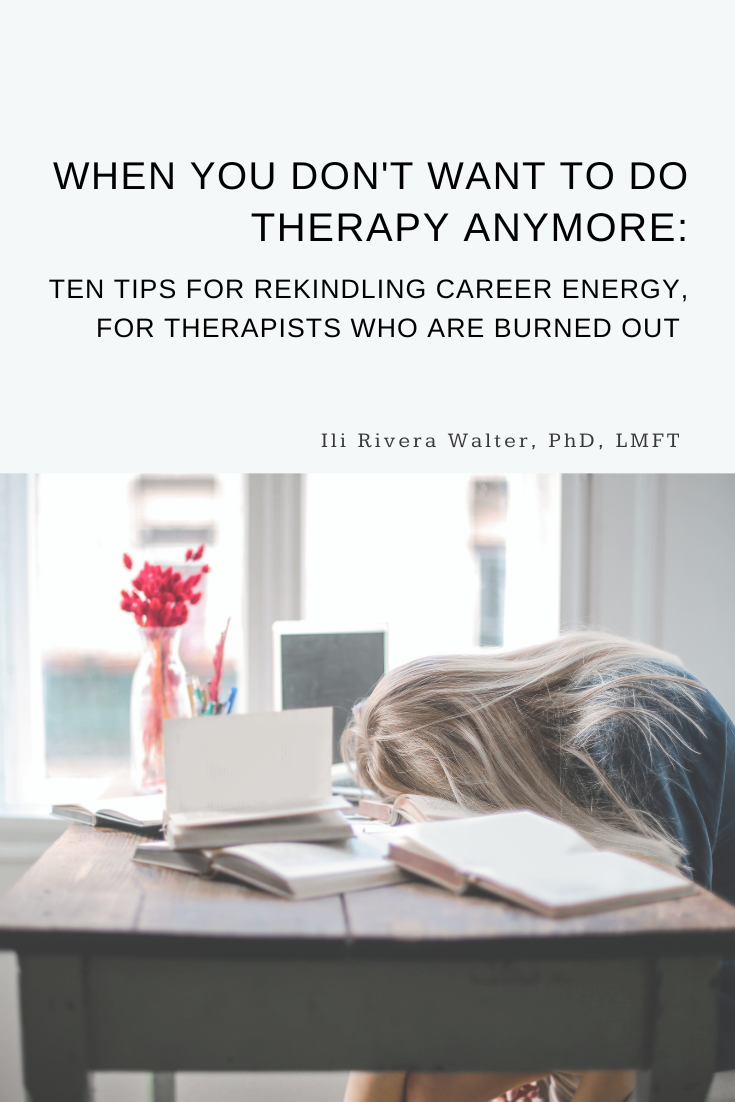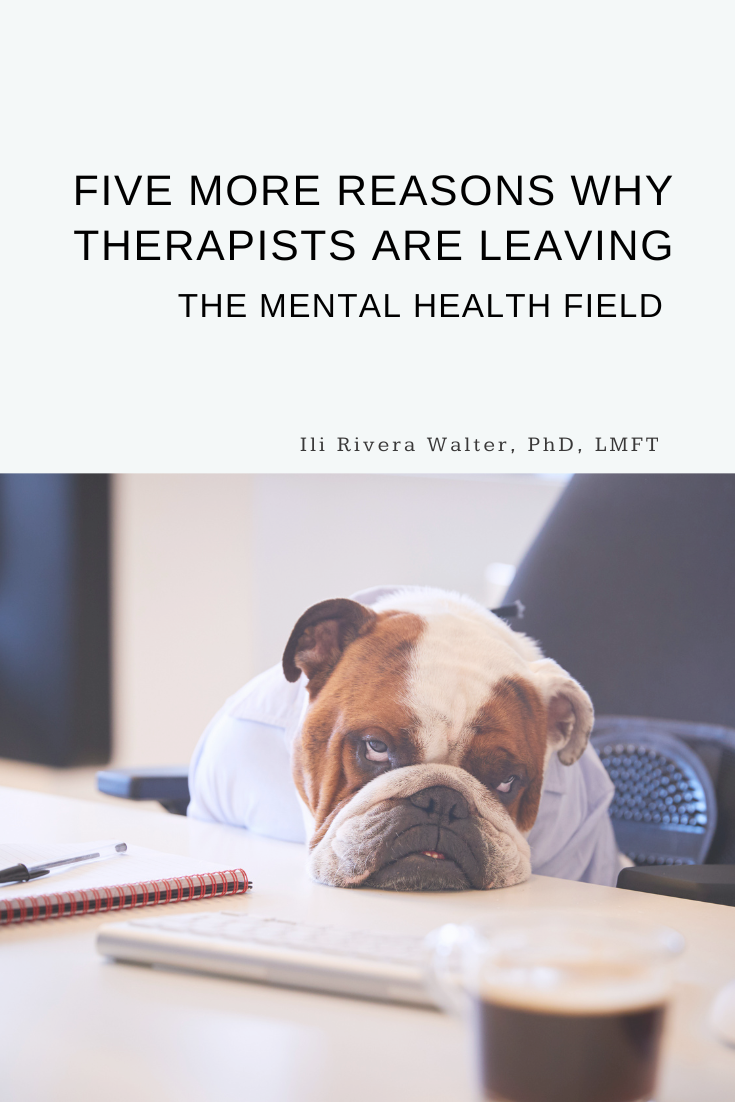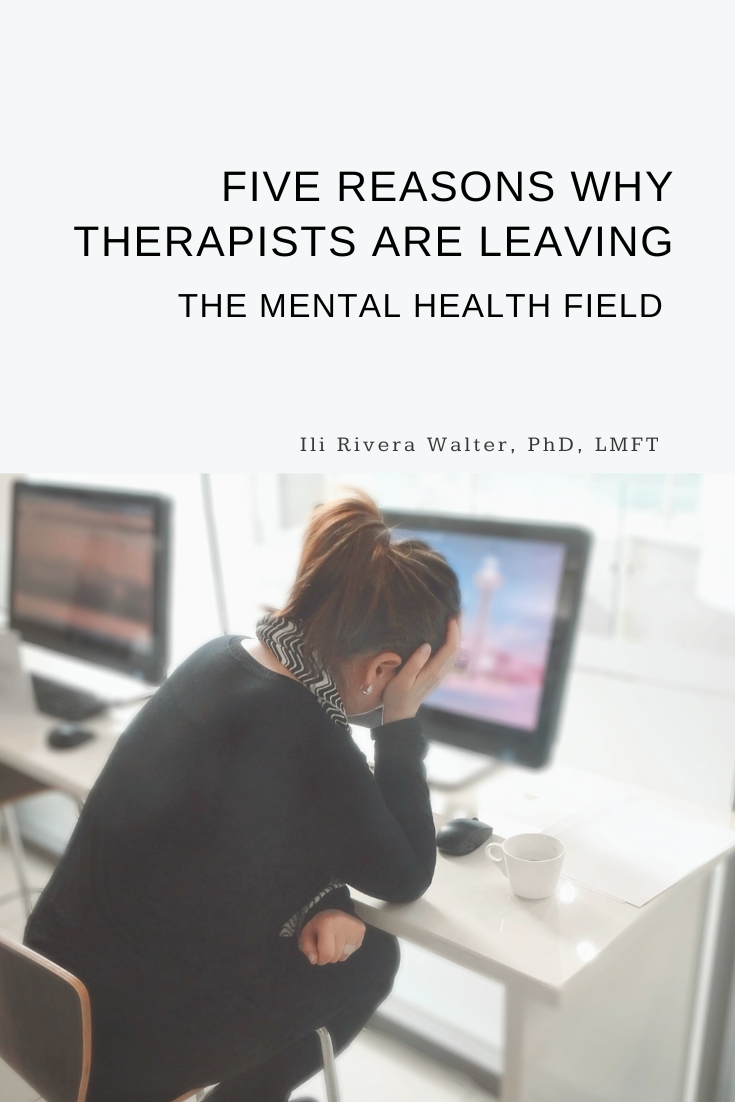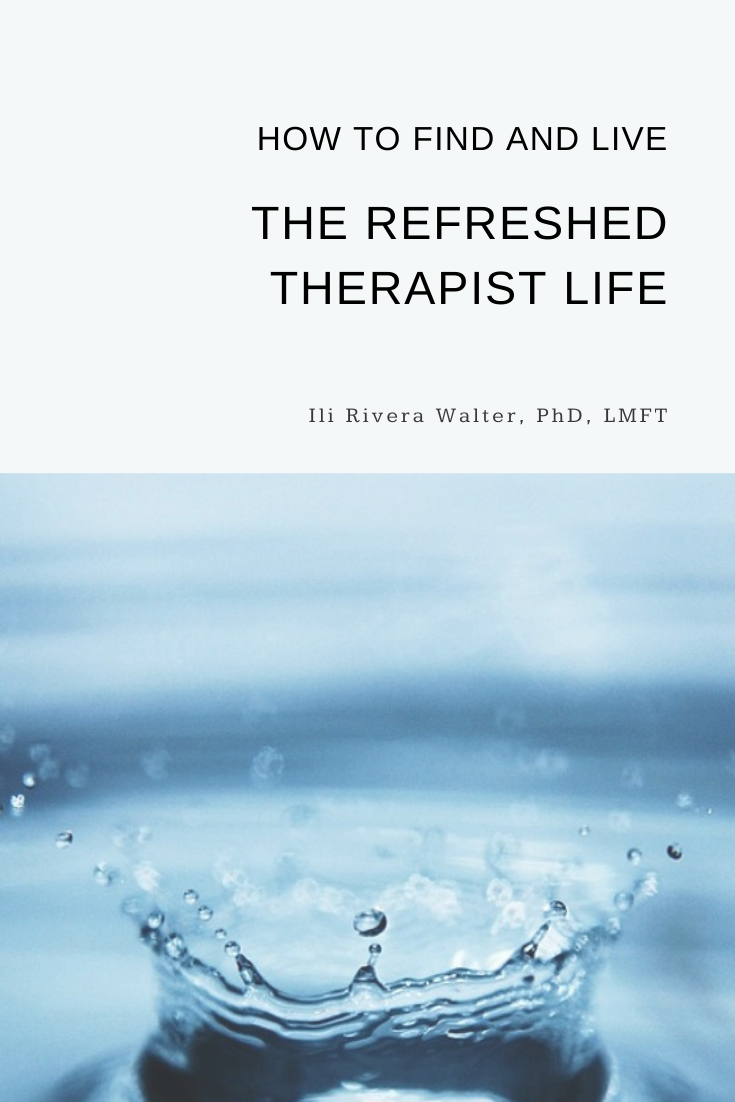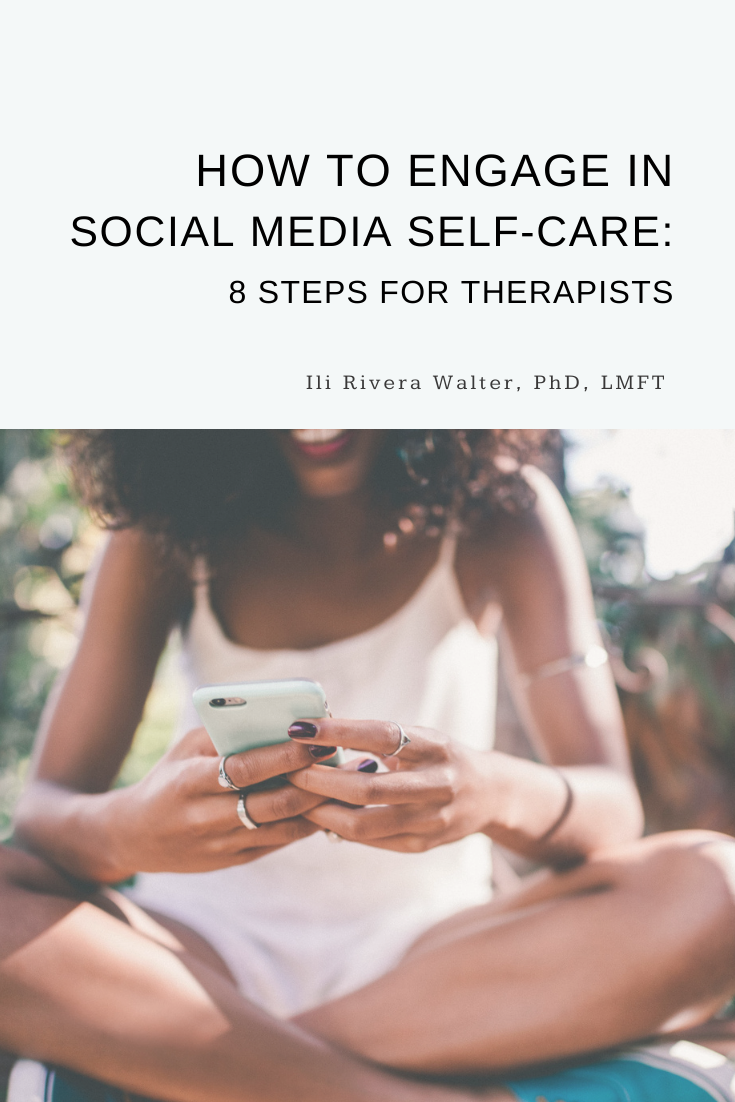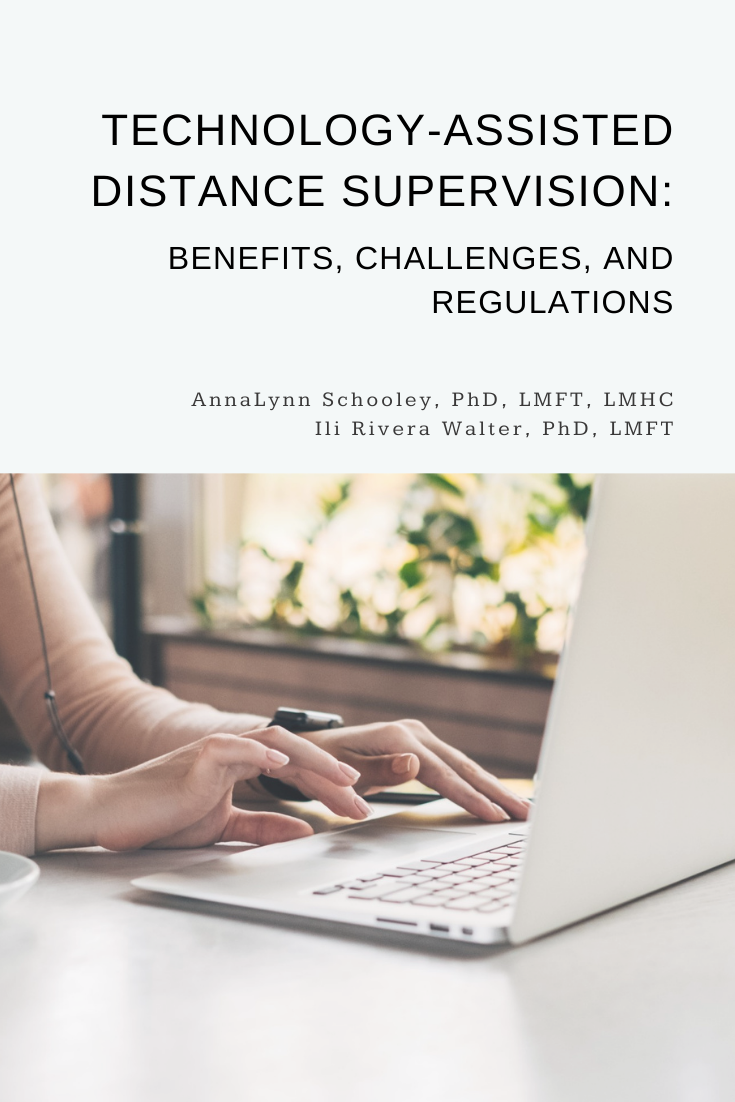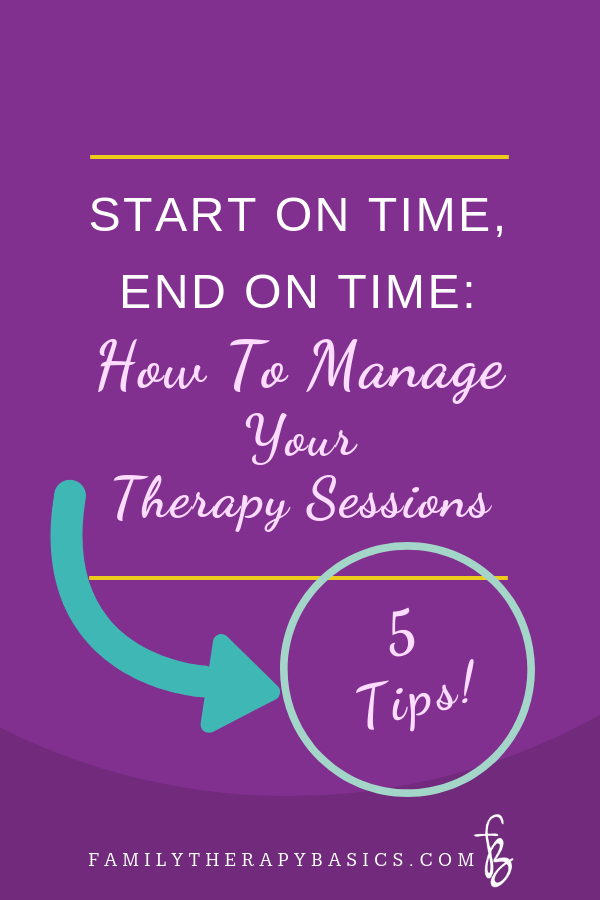Katie Lee is a daily life designer. I first heard her share her message on this episode of Being Boss, and I was intrigued. The way that Katie talks about the moments of our days is both challenging and inspiring; her ideas easily drew me in.
I invited Katie to talk with me about her work, as well as systems that busy therapists can use to live and work more intentionally. Here's our chat, followed by the transcript:
Katie, share a little bit about your life’s work.
I am an author, and a daily life designer, and on a daily basis I help busy, overachieving women to take control of their time and to get everything done, but also to craft a new normal for themselves--a new way of doing their every day lives. And, that new normal often looks like a really intentional every day life that supports who they want to be as a person and where they’re trying to go in their life, without being overwhelmed all the time.
I do that through one-on-one coaching, in my book, and I have a new program: Break Free from Busy. So, there’s a lot of ways that I can help women who falll into that category of overwhelmed, stressed, achieving a lot of things, to get everything under control and not have to feel like this is the way this is going to be for the rest of their lives.
Is there some sense of “the busy” not having to come in and out of our lives?
There are definitely seasons to life. You know, if you have a newborn baby, if you are writing your thesis, if you are doing some of those things that are seasonal, or they’re temporary--they’re not going to be like that forever--of course you’re going to have more work to do. Of course you’re going to be a little bit more stressed or overwhelmed or tired. What I really want to focus on is the things that are systemic; the things that are chronic. I don’t want anyone to move through life with a system or a way of being that guarantess that they’re stressed all the time, or that they’re overwhelmed all the time. But, I think it can make you even more stressed out if you feel like “I should’ve figured this out by now. I should be cured of my busyness, and I’m still feeling a little busy.” Because, even I sometimes feel a little bit of overhwlm or a little bit of stress, but I know it’s coming from launching a product, or having travel coming up, or something that’s temporary. It’s not how my everyday life is all the time.
"I fully believe that we cannot move forward as a society or a world in a positive way if all of the smart, caring, driven people are completely exhausted or busy, or just tied up in their routines that they don’t have anything left to give."
How does our work as psychotherapists make being “unbusy” a challenge (whether self-employed, or traditionally employed)?
Every single person’s life is different. It’s not helpful to compete for how busy we are, or how good we are at mastering our schedules. But, it would be foolish of me to say that it’s as easy for me to design my schedule as it is for someone who works not for themselves. Because I work from home, for myself, so I do have a lot more control over it. But, I think it’s really helpful for anybody to first recognize that they probably have more control over it than they are giving themselves credit for. So many times we chalk it up to being out of our control, or set in stone, and it’s not often as rigid as we’re making it seem.
For a lot of employers, they want you to be successful. They want you to be focused, and productive, and effective, so give them some credit and approach them to see how you can make your design of your work day even better for you and for them. They want a good outcome as well. They don’t want you to struggle, they don’t want you to be losing focus or getting distracted. And so, the first thing I would say is that, yes, everyone is different, but start with your own situation and recognize that there’s a lot that you CAN change. Even if it’s been the same way for the last ten years, it doesn’t mean it has to be the same for the next ten years. That’s the firs thing I would say.
And then, if there are things that have rigid parameters, you can still work within them. And one of the best ways that I find to design your schedule if you work for someone else, or if you feel like you don’t have complete control, is to batch like tasks together--batch your meetings, batch your writing time, batch your email time, so that you’re not switching between tasks all day long. That context switching loses so much of your focus and your productivity. And, especially if you’re in a helping profession where there are emotions involved, it can be really hard to have an emotional meeting, to have something that impacted you personally, and then just dive right back into writing or emails. So, it’s also really important to pay attention to the energy and the emotional drain that some tasks have, and then take care of yourself accordingly. Maybe after those meetings you need to take a lap around the building, or you need to close your eyes for a minute, or do some deep breathing. Those are just little ways that you can control the design of your day within what might seem like a really rigid format working for somebody else.
For therapists, how might it work best to separate emotional and administrative tasks?
It depends. I don’t have a really great memory, so if I didn’t take down those client notes right after the fact, they might be lost forever. What I would recommend is spreading out your client sessions; if you could make those even 10 minutes longer. Set a timer and limit yourself to only write client notes for 15 minutes, and then take a 10 minute break. A lot of times, with those tasks, especially if it’s an emotional thing, or you feel really passionate about your work, we can be giving way too much to something that should take a short amount of time, so if you can limit yourself to: I’m going to write these as fast as possible, I’m going to get everything down that I can possibly remember, and I’m giving myself a limit of 15 minutes, you can get it done really quickly. But, if you can remember what you’re clients said, then it would be awesome to have a half day, or whatever, to just be really focused and work through all of those notes, so that you can focus on your clients during the day.
I’ve heard you discuss how focus, health, and distraction relate to scheduling your time. Please say more about this topic.
I try to help women to create a supportive day. So, that means supportive to you. It doesn’t mean supportive to me, or to anyone else. With a lot of these [productivity] articles it’s very, you know, "do these exact steps," but it doesn’t always work for someone like that, and so it’s really crucial to be self-aware of what works for you. So, if you have a good memory, or a bad memory, or you need a break between clients, just do what works for you and keep experimenting with it. But, I think it’s important to know it’s not one size fits all; it might not work one way for one person or the next--it’s what works for you.
So, yeah, I was talking about productivity and how our society’s obsessed with productivity, but we focus in most of the articles on how to squeeze as much as possible into a tiny amount of time, and how to be faster. But, it really does come down to focus. And, if you shift your intention from being productive to being focused, and you protect your focus, and you schedule time to be deeply focused, and then you try to extend that time, you’re going to see you’ll get a lot more done. Because productivity really encourages multi-tasking, which is terrible for actually getting anything done. So, if you can try to spend time focused, you’re going to see that tasks that maybe took you 90 minutes before are taking you 20, if you can give them 100% of your focus. I bring in health, because it’s hard to get a lot done if you’re hungry, if you’re uncomfortable, if you’re tired, if you’re thirsty--if you’re having a sugar crash or a caffeine high. And so, it’s important to remember that you’re a physical human being who has physical needs. The more you can take care of your health, the easier it’s going to be to stay focused during the day, and to actually do what you’re there to do.
I know, especially because I work from home where there aren’t a lot of other distractions, I feel like my stomach is really loud when I’m hungry, or it’s very obvious; I can hear those signs. If was completely exhausted, or just feeling kind of blah, it’d be hard for me to be really effective throughout the day.
Focus is the #1 thing, and health and distractions are supportive pillars to your focus. If you can cut out one distraction, you’re going to get so much more done: for example, If you can limit people coming into your office, if you can limit your phone going off, if you can close your email down, if you can remove notifications. If you are a daydreamer, maybe you need to close the shades, so you’re not looking outside, or you need to put your family photos down, so you don’t go down that loop. There are a lot of things that can pull us away from what we’re trying to do.
Instead of focusing on, “How can I be more productive?” Look at, “How can I support supremely focused time in my day?” Whether that’s one-on-one attention with a client, or writing those notes, or writing a bigger report, or something like that--How can I support that physically in my own well being? How can I support that by limiting distractions? And, can I give 100% of my focus (meaning all other browser tabs are closed, and I’m here fully for 30 minutes, for an hour)? And, you’ll find that it’s a lot easier and enjoyable to do your work when you’re not being pulled away minute by minute to other things.
How to prep our environments for success.
I have really liked the noisli platform. It has ambient noises, like coffee shop sounds, or thunderstorms, but it also will fill up your whole screen and give you a gentle color, and you can write on it. I’ve found that it helps you zero in on the task that you’re doing. Focus is not easy. We have not been trained to focus. You actually do have to practice it. Your brain is going to resist, and you will get better at it. You can’t go from multi-tasking 100% percent of the time to focusing for 8 hours; that’s not gonna be possible. So, you have to practice, and maybe start with 20 minutes of supreme focus, and then 30, and 40, and so on. Then you’ll be addicted to it, because you can get so much done that it’s really effective and enjoyable.
You do have to prep your environment; you have to communicate with the people around you; you have to set it up so that you don’t have distractions.
How do you stay fresh and focused?
I cover a lot of this in my book, because I, again, don’t believe there is a perfect way for everyone to do sleep, or eating, or exercise, etc., but there is a system that you can go through to experiment with it. What I do is I keep everything the same--just like you would with a scientific experiment; I keep everything controlled. Then, I change one little aspect and see if it makes a big difference. For me, I’m really working on caffeine. So, I’m paying attention. For example, if I have a tea in the afternoon, can I still fall asleep? And things like that.
And, I’m also looking at sleep cycles. I recently learned that a full sleep cycle is 90 minutes, so if you wake up in the middle of a cycle, that’s when you feel groggy. But, if you wake up at the end of a cycle (in the morning), you’ll wake up really refreshed. So, I’m paying attention at night and setting my alarm, so that I wake up at the end of a full sleep cycle (e.g. 10:15 bed time, would mean a 5:45 wake up time). And, it has been really effective. I thought it would take a while, but the first time I did it, it worked. So, that has been something I’m working on.
And then, all the regular things: Eat whole foods (cut-out the processed junk), drink a ton of water. It’s important to remind you that my physical body is different than yours, and you have different needs. Really pay attention to how you feel throughout the day--how foods makes you feel. Pay attention to what your skin looks like, how your hair feels, everything. And, if you need more help with this, see a naturopath, or a nutritionist--someone that can test your nutrients, because we all have specific nutrient needs. I keep tweaking them until I get closer and closer to feeling energized, and clean and good all throughout the day. But, it takes time. It is not something that you do overnight. I’ve been working on it for years now, and I just keep fine tuning it.
More about Katie Lee
Learn more about Katie at: heykatielee.com and breakfreefrombusy.com
Katie says more about her program, Break Free from Busy:
I’ve found that there are a lot of forms of busyness. Just like health, it is different for everybody, so you cannot give blanket recommendations that will work for everyone. So, [in the class] we really walk through how to recognize what form of busy you’re struggling with, so that you can actually address it more strategically. Then we address how to not sabotage yourself back into busyness after you have come out on the other side. Because it is uncomfortable to not be busy; it’s not accepted in our society. People think you’re strange, or you’re not working hard enough, and so, if it’s not your norm, you’re going to sabotage back into that status quo. So, we cover a lot of that stuff, so that it’s more of a long lasting solution.
Let's Chat
What one tip from Katie was most helpful to you?

